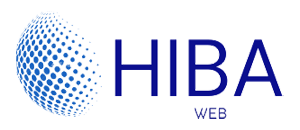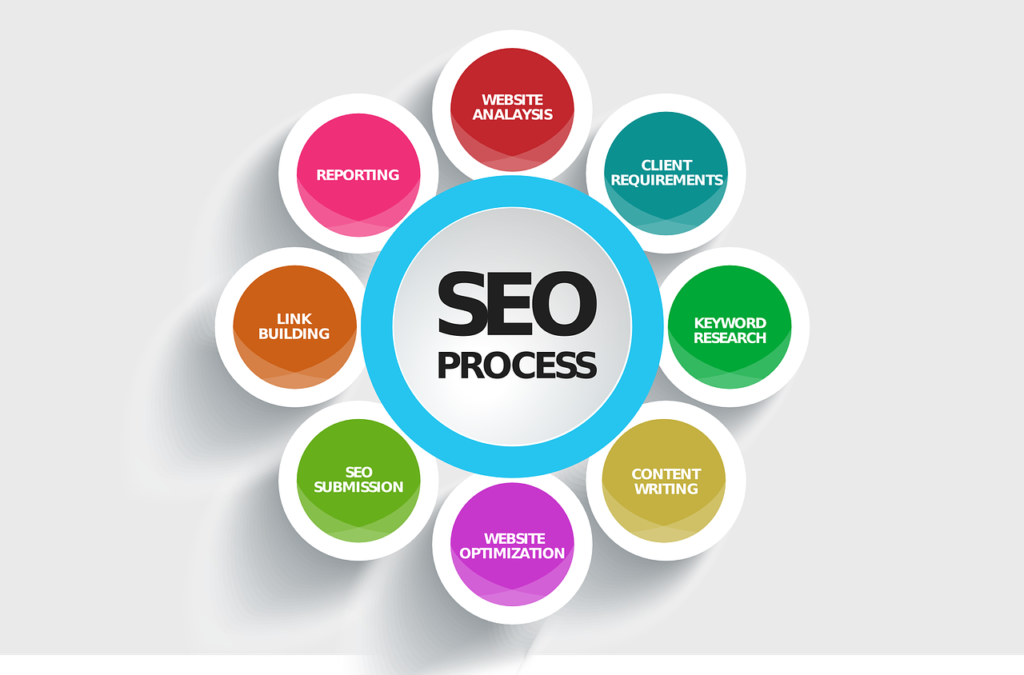SEO Agency in Dubai , UAE
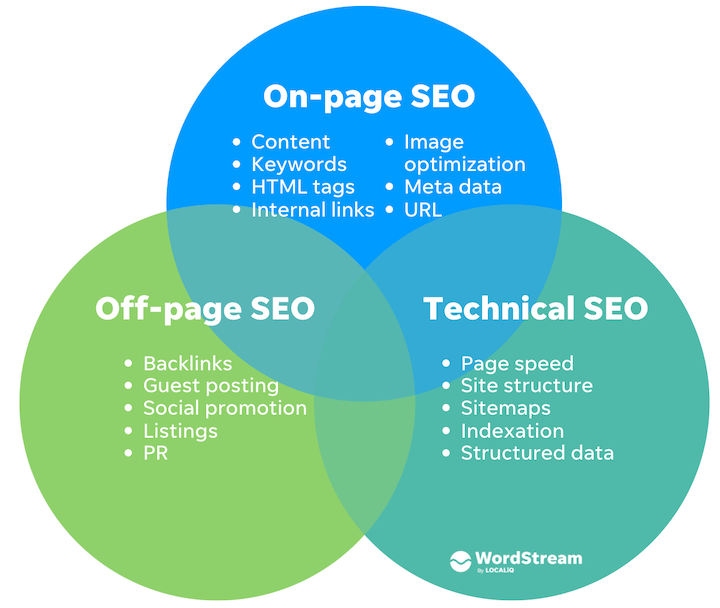
What is Seo ?
The method of increasing a website’s exposure and ranking in search engine results pages (SERPs) is known as SEO, or search engine optimization. By optimizing numerous characteristics that search engines value highly, SEO aims to improve organic (non-paid) traffic to a website. SEO is a long-term marketing plan for websites that needs time to get the best results.
On Page Seo
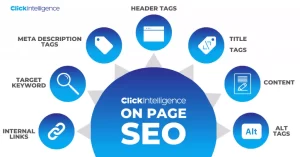
On-page SEO, sometimes referred to as on-site SEO, is the process of implementing optimization tactics and methods on your website itself in order to raise its visibility and position in search engine result pages (SERPs). It entails improving a variety of aspects of your website to make it more user- and search-engine-friendly, including content, HTML source code, meta tags, internal linking, and site structure.
Off-Page Seo
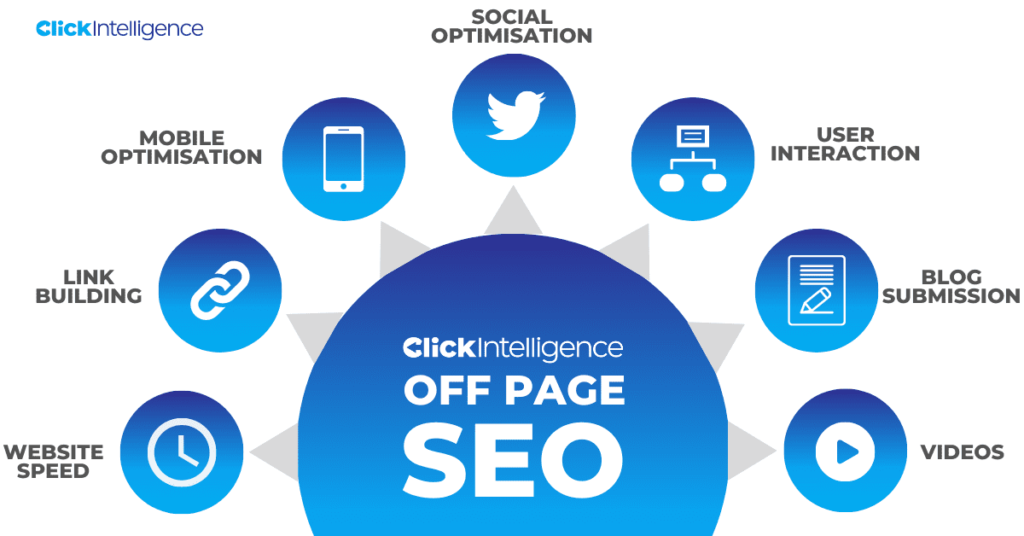
Off-site SEO, sometimes referred to as off-page SEO, describes the methods used to raise your website’s search engine ranks and make it more visible on search engine results pages (SERPs). It concentrates on enhancing your website’s external reputation, authority, and relevance. Off-site SEO is largely concerned with obtaining backlinks from other websites, but it also covers brand promotion on social media, managing your online reputation, and more.
Technial seo
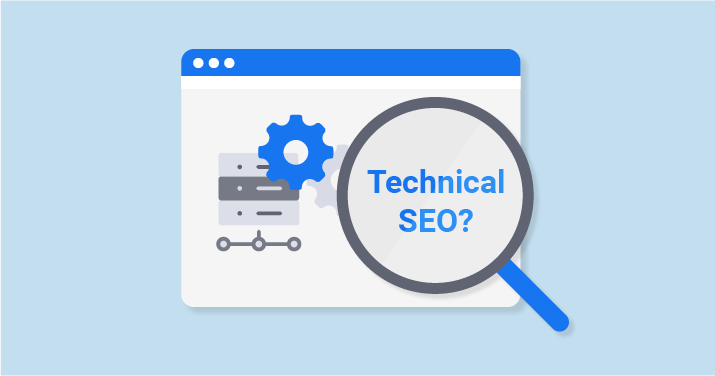
Technical SEO refers to the optimization of the technical aspects of a website to improve its visibility and performance in search engine rankings. It focuses on ensuring that search engines can crawl, index, and understand the website’s content effectively. Technical SEO involves implementing various technical optimizations to enhance website speed, accessibility, mobile-friendliness, and overall user experience.
What We offer for Your AS
SEO Company in Dubai
Check your SEO
First phase is to gather your website SEO information and make reports for planning.
SEO Strategies and Plan
After your report is ready we will make plans and strategies on keyword and competitor plan according to your position.
SEO implementation
Step by Step we will employ our SEO strategies and make reports of your achievements in short and long periods of time.
5 Advantages of Professional SEO
01
Increase customers Awareness
02
Increase your visitors through organic search
03
Lead your willing customers to purchase your products and Services
04
less costs Vs paid ads
05
Rather than traditional marketing your could track and manage your statistic
Search enging optimization company in Dubai
Please Wait
Easy Form Builder
key areas of On-Page seo
- Quality Content: Create high-quality, informative, and engaging content that satisfies the intent of the users. Ensure your content is well-structured, easy to read, and contains relevant keywords naturally. Use headings, subheadings, and bullet points to improve readability.
- Keyword Research: Conduct thorough keyword research to identify the relevant keywords and phrases that your target audience is searching for. Incorporate these keywords strategically into your website’s content and meta tags to improve its relevance to search queries.
- Title Tags and Meta Descriptions: Optimize your title tags and meta descriptions with relevant keywords and compelling descriptions. These elements appear in search engine results and influence click-through rates. Keep them concise, unique, and descriptive to attract users’ attention.
- Internal Linking: Create a logical internal linking structure within your website. Link relevant pages together using descriptive anchor text to help search engines understand the relationship between different pages and distribute authority throughout your site.
- Image Optimization: Optimize your images by compressing them to reduce file size, providing descriptive file names, and using alt tags. Alt tags help search engines understand what the image is about and can contribute to image search rankings.
key areas of Off-Page seo
- BackLinks: Backlinks from other reputable and relevant websites are a crucial factor in off-site SEO. Quality backlinks signal to search engines that your website is authoritative and trustworthy. Focus on acquiring backlinks from high-quality sources through techniques such as guest blogging, content outreach, influencer marketing, and directory submissions.
- Guest posting: Writing guest posts for reputable websites in your industry allows you to showcase your expertise, reach a wider audience, and earn backlinks to your site. Ensure your guest posts are of high quality and provide value to the readers.
- Social Promotion: Social media signals can indirectly impact your search engine rankings. Engaging with your audience on social media platforms helps build brand awareness, drive traffic to your website, and encourage sharing and amplification of your content. Be active on relevant social media channels, share your content, participate in conversations, and encourage social sharing.
- Listing: Submit your website to relevant online directories and citation sites. This helps improve your website’s visibility and increases the chances of acquiring backlinks from authoritative sources.
- PR: Building a positive online reputation is important for off-site SEO. Monitor and manage your brand mentions across the web, respond to customer reviews and feedback, and address any negative sentiment promptly. A strong online reputation improves your credibility and can lead to more natural backlinks and referrals.
key areas of Technical seo
- Page Speed: Optimizing website speed is crucial for both user experience and search engine rankings. This involves reducing page load times by minimizing file sizes, leveraging browser caching, compressing images, optimizing code, and utilizing content delivery networks (CDNs).
- Site Structure: Organize your website’s content logically and create a clear site architecture. Ensure that important pages are easily accessible and well-linked within your website. Implement a logical internal linking structure using descriptive anchor text to help search engines understand the relationships between different pages.
- Sitemaps: Create an XML sitemap that lists all the important pages on your website and submit it to search engines. XML sitemaps help search engines discover and understand the structure of your website, leading to better indexing.
- Indexation: Make it easy for search engine bots to crawl and index your website. Ensure that your website’s robots.txt file is correctly configured to control search engine access to specific pages. Create and submit a sitemap to search engines to help them discover and index your website’s pages effectively.
- Structured Data: Organize your website’s content logically and create a clear site architecture. Ensure that important pages are easily accessible and well-linked within your website. Implement a logical internal linking structure using descriptive anchor text to help search engines understand the relationships between different pages.
